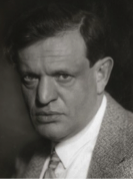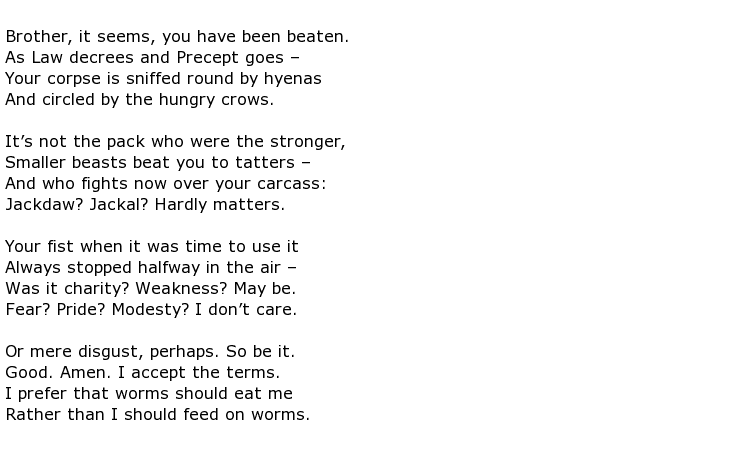 Frigyes Karinthy was a Hungarian writer whose main claim to fame was that, in 1929, he devised the “six degrees of separation” theory whereby anyone or anything can be linked by no more than six distinct but interlocking steps. He was a popular poet and playwright, and also a journalist and translator of many English-written books into Hungarian.
Frigyes Karinthy was a Hungarian writer whose main claim to fame was that, in 1929, he devised the “six degrees of separation” theory whereby anyone or anything can be linked by no more than six distinct but interlocking steps. He was a popular poet and playwright, and also a journalist and translator of many English-written books into Hungarian.
He was born on the 25th June 1887 into comfortable circumstances in the Hungarian capital of Budapest. His middle class family were bourgeois in outlook and had been Jews before Frigyes was born. He unfortunately lost his mother while still young and this will have significantly affected his development. He was fortunate though to live in a forward-looking household of educated people who always looked outwards, across the greater-Europe rather than concentrating on their near neighbours and only learning the German language. He was educated at the Marko Street High School, taking a great interest in both literature and science.
He was writing from his early teens and, by the age of 19, had several pieces published in newspapers. They later found a place in a prestigious literary periodical called the Nyugat. It naturally followed that he would go into journalism but he always found the time to write often humorous poems and short stories. In 1916 he wrote about his own, sometimes difficult, experiences as a schoolboy and a collection of short stories was published under the title Please Sir! Curiously this was also the title of a situation comedy series on English television in the late 1960s, but this was told from the point of view of the teachers’ struggles to maintain order in a typical high school.
Karinthy grew up a great fan of English writers such as Herbert G Wells and A A Milne. When he translated Milne’s classic children’s book Winnie the Pooh it became a huge success with Hungarian children. He had been mostly writing his own material with a light-hearted, humorous slant but with the outbreak of the First World War his outlook, quite naturally, turned much darker. Despite this though he never lost sight of the satirical themes that were found in much of his work.
A good example of his much more serious side is the poem Struggle For Life which is reproduced here:

Perhaps his most bizarre piece of work was an autobiographical novel called Journey Round my Skull. This was written following an operation that was carried out to remove a tumour from his brain in 1936. He clearly did not make a full recovery from this though as he died only two years later. He still managed to inject some dry humour into this serious situation though with his advertising material for this new book being described as

He was one of those rare writers who was able to appreciate art and science in equal measures, believing that one could not exist without the other. His friends in Pest came from both disciplines and he took a usually philosophical approach towards love and relationships. He was married twice – his first wife tragically falling victim to the Spanish flu pandemic sweeping early-20th century Europe.
He declared to his readers that he had developed brain cancer shortly before his operation so it seemed clear that he was taking a fatalistic approach to what may become of him.
Frigyes Karinthy died while on holiday at Lake Balaton on the 29th August 1938. He was 51 years old.

